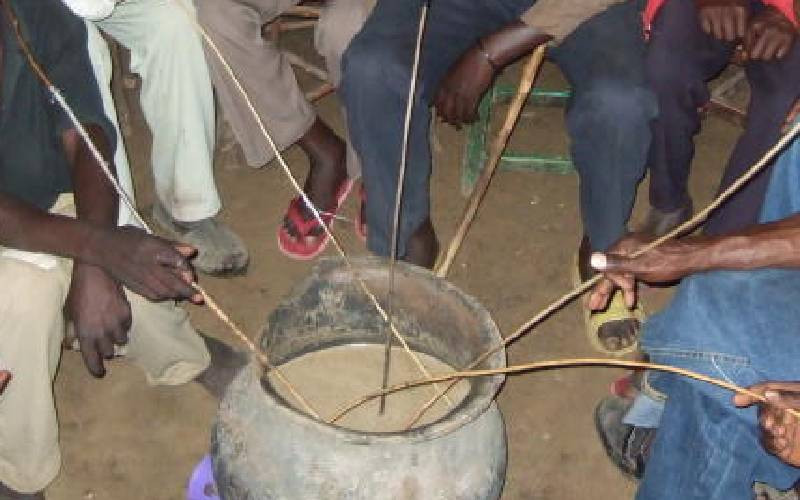×
The Standard e-Paper
Smart Minds Choose Us

In traditional African society, lots of stories have been told of how our forefathers forged community bonds over shared meals and libations.
I was lucky enough to hear this from my grandmother during her evening narrations. One of her signature tales centred on the brewing of beverages, a revered art - a sacred ritual that brought people together in celebration and unity. In those days, beer was not just a drink; it was a symbol of hospitality, kinship, and cultural identity.